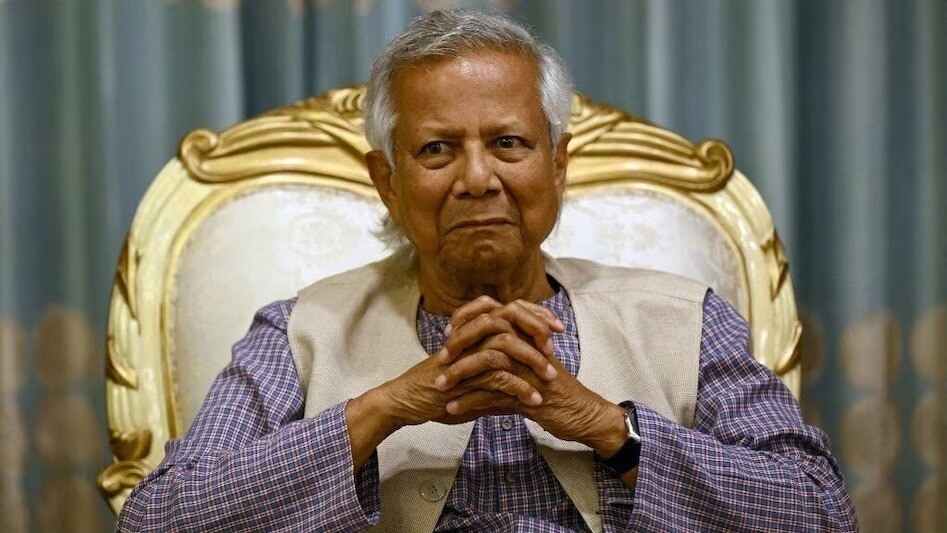Bangladesh is not just grappling with a political standoff — it is also facing a full-blown economic breakdown. Top industrialists from the country’s key business bodies have warned that the ongoing power and gas crisis is pushing local industries to the edge of collapse, with factory shutdowns, mass layoffs, and financial defaults becoming increasingly likely.
At a joint press conference on Sunday, they described the situation as a ticking time bomb, accusing the interim government of inaction amid soaring production costs, fuel shortages, and a hostile business environment.
Leaders from Bangladesh Textile Mills Association (BTMA), FBCCI, BGMEA, BKMEA, BTTLMEA, BCI, and ICC-Bangladesh came together at Dhaka’s Gulshan Club to issue a clear warning: without immediate government action, a “famine-like situation” is inevitable, Dhaka Tribune reported on Monday.
BTMA President Showkat Aziz Russell compared the crisis to the 1971 Liberation War. “Back then intellectuals were targeted; in 2025, it’s the entrepreneurs. We’re paying gas bills but getting no supply. Factories are idle, yet we’re pressured to repay loans, deal with soaring interest rates, and face government threats. Our backs are against the wall,” he was quoted as saying by DT, calling the crisis a “well-planned conspiracy.”
BCI President Anwar-ul-Alam Chowdhury Parvez said entrepreneurs were being labeled defaulters after missing just three loan installments — “while there’s no gas, no production, and threats over unpaid salaries”. “The government is neither supporting us nor easing its stance. Jobs are at risk.”
According to BTTLMEA Chairman Hossain Mehmood, several factories have already shut down. “Is it not the government’s failure that it can’t ensure gas and electricity? Without pipeline expansion from Bhola, offshore drilling, or coal extraction, things will only get worse,” he warned.
BTMA Director Khorshed Alam questioned billing practices, saying, “The government is charging for gas it’s not supplying. If they don’t want to support the textile sector, they should say so clearly.”
Vice-President Saleudh Zaman Khan revealed that he is paying Tk 6 million in salaries daily while production remains halted. “If this continues, half the factories will shut down in a month or two,” he warned, calling the current 14–15% interest rates a “death sentence.”
The business community also slammed the government’s import policy for undercutting local industries. “You are inviting foreigners to invest…(but) foreigners know that investment in Bangladesh is not viable. They know Vietnam is more profitable than Bangladesh,” Russell stated.
The economic fallout comes amid growing political uncertainty in Bangladesh. Interim Chief Adviser Muhammad Yunus is under mounting pressure from the military to announce a clear date for national elections by December. There are deepening rifts over policies like a proposed aid corridor into Myanmar’s rebel-held Rakhine state.
Protests have erupted across multiple government institutions, including the Secretariat and National Board of Revenue (NBR), where employees are resisting proposed laws that affect job security and restructure the tax administration. The NBR has threatened to indefinitely suspend import-export operations.
Government school teachers and city corporation workers have also announced indefinite strikes from Monday. The teachers said they would go on a full-day work abstention from Monday for an indefinite period to press home their demands. They have been demanding re-fixing their starting salary to the 11th grade of the national pay scale.

